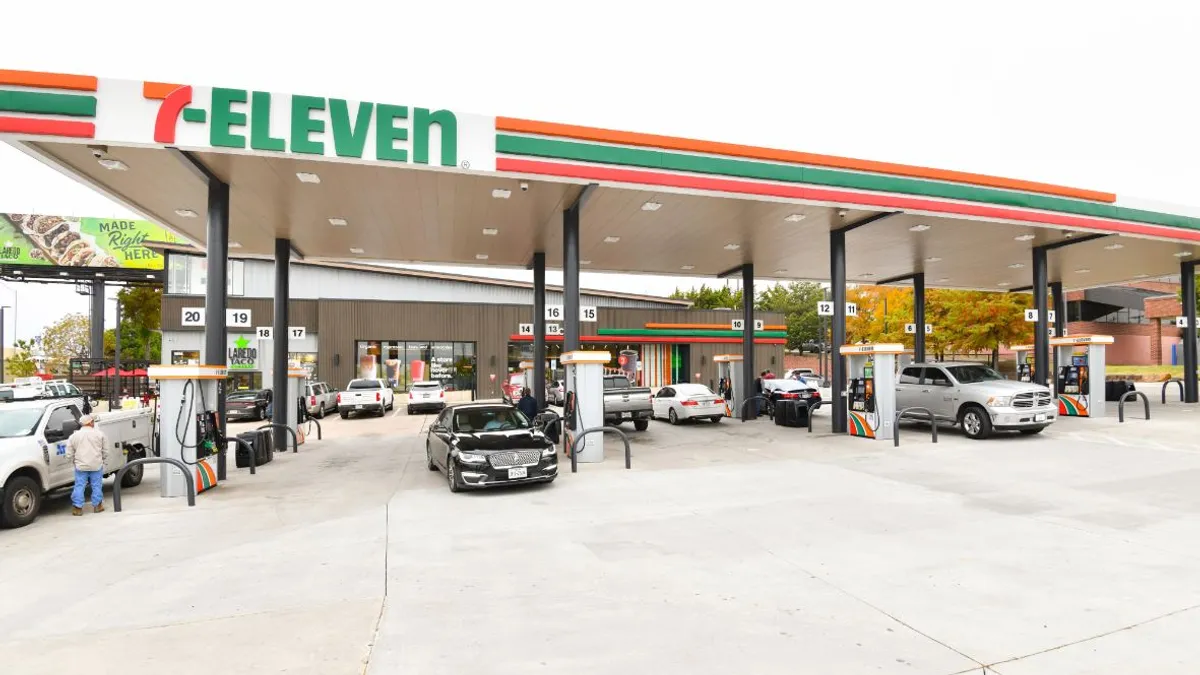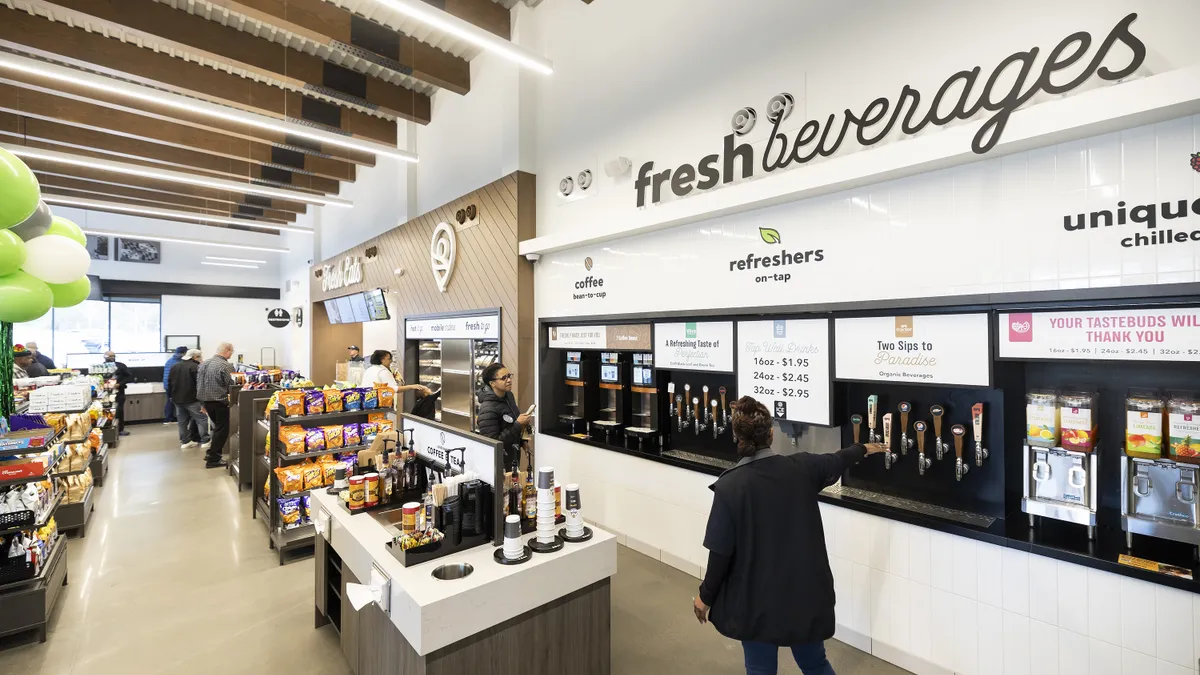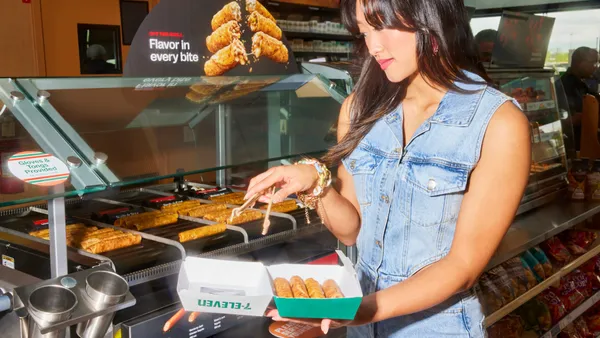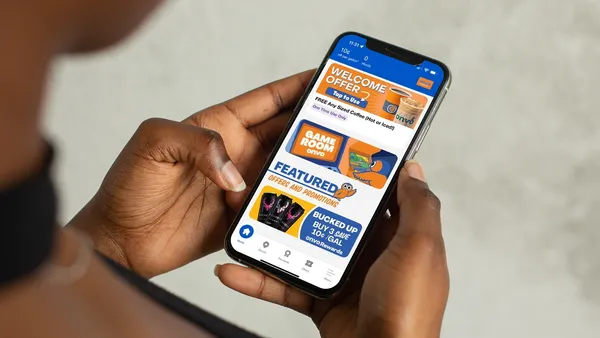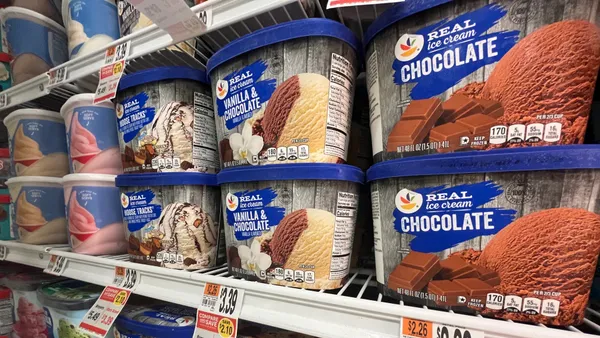Dive Brief:
- Colorado voters will decide on two proposals on Nov. 8 that could allow c-stores to expand their alcohol sales.
- Proposition 125 would allow c-stores and grocery stores that sell beer to add wine to their offerings, while Prop 126 would let third-party companies deliver alcohol from licensed retailers, according to the Colorado General Assembly.
- The availability of wine sales at c-stores has grown to 39 states plus Washington D.C., according to Wine in Grocery Stores, the group supporting Proposition 125. Third-party delivery lags, but more than half of the states have made it legal.
Dive Insight:
Colorado joins several states with legislation aimed at helping c-store operators get a piece of lucrative alcohol sales.
If Proposition 125 passes, c-stores can leverage the growing segment to boost revenue. According to NielsenIQ, c-store wine sales rose 2% to $1.5 billion last year. As the council draft of the proposition noted, “consumers want the convenience of buying wine with groceries.” The proposition would also allow for tastings, which have the potential to not only draw more shoppers, but give them a different in-store experience and encourage them to spend more time inside the store. This could be particularly valuable as c-stores consider adding EV chargers that can take 30 to 90 minutes to full charge a vehicle.
It would, however, also prohibit these c-stores from moving or building too close to established liquor stores, which could force a shop to choose between a location it’s interested in and keeping its beer and wine sales.
Proposition 126 would allow third-party companies like DoorDash or Drizly to deliver alcohol from c-stores and other businesses that sell it in-store. The state currently allows restaurants to deliver alcohol through 2025, but this bill would also extend that indefinitely. This is the first time a proposition on this topic has been put before Colorado voters, according to information from the elections division of the office of Colorado’s secretary of state.
Alcohol delivery has gained traction in the last few years, especially as states sought to help restaurants in the worst of COVID-19 shutdowns.
If passed, Prop 126 would also remove the “limit on the percentage of gross sales revenues a licensee may receive from alcohol beverage deliveries.” Currently, such businesses are not allowed to earn more than half of their annual profits from alcohol delivery and those deliveries must be made by their owns employees.
C-stores impacted by these changes include Loaf ‘N Jug and Alta Convenience, which have a significant presence in Colorado, as well as larger chains with a presence in the state like 7-Eleven, Kum & Go and Circle K. Loaf ‘N Jug parent company EG America could not be reached by press time, while Alta chose not to comment on the proposals.





